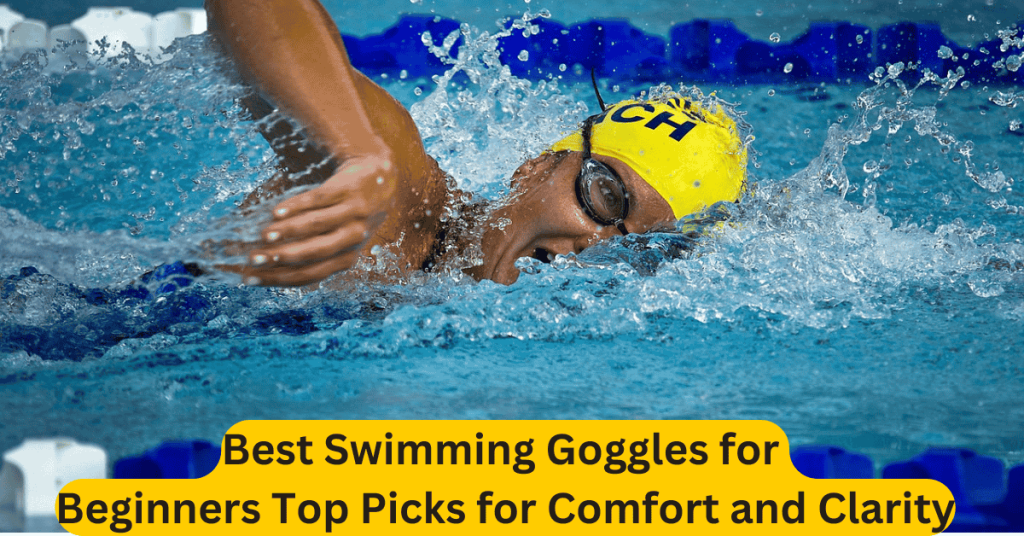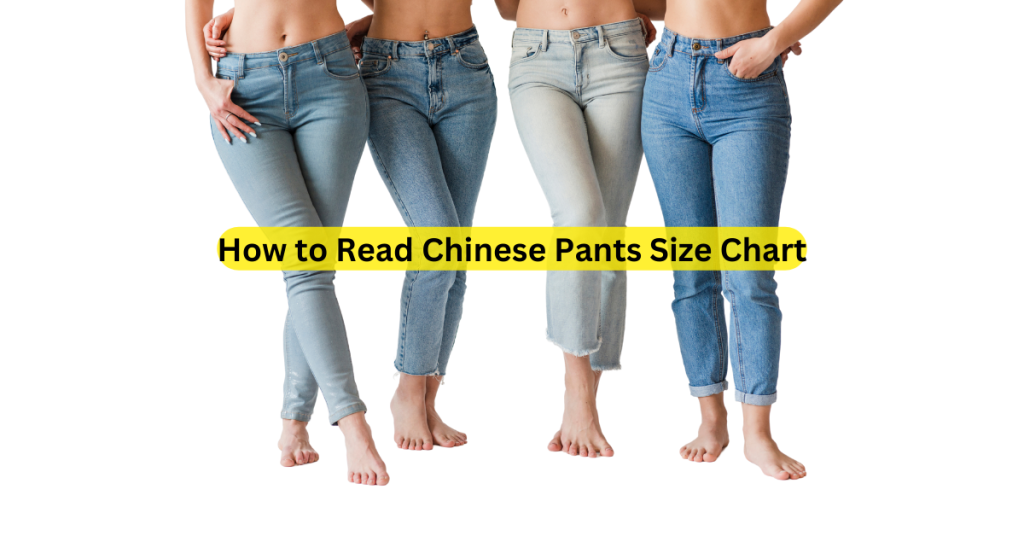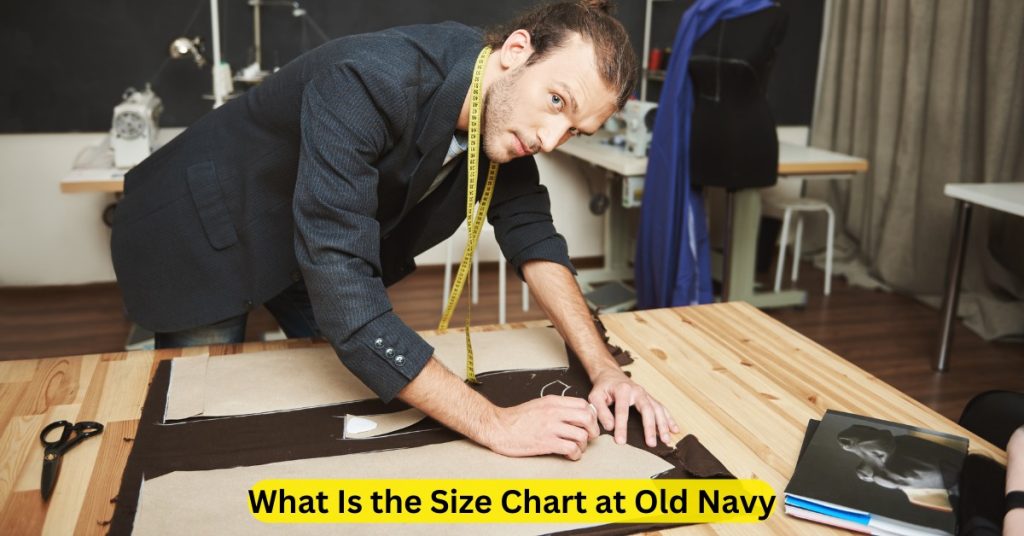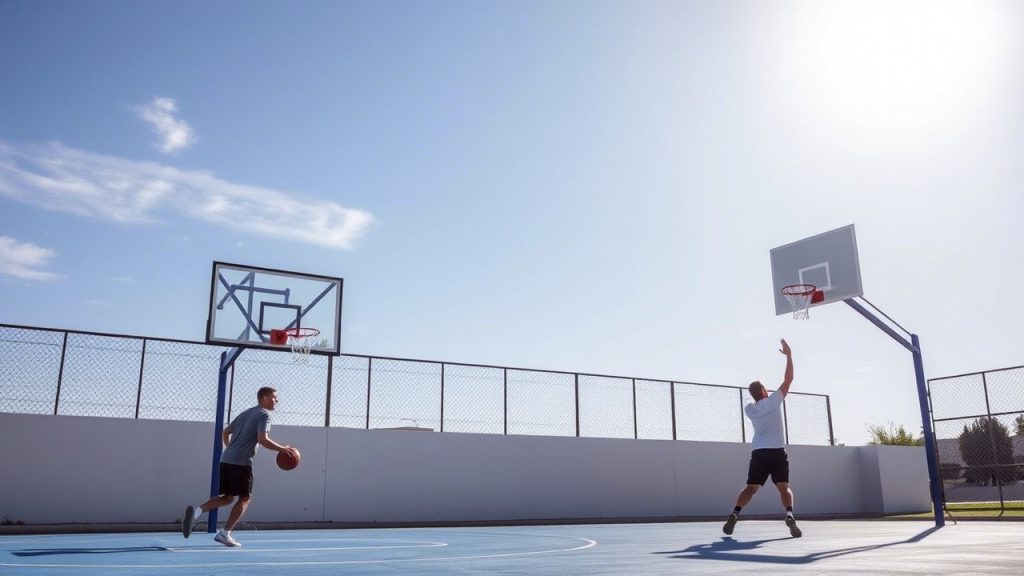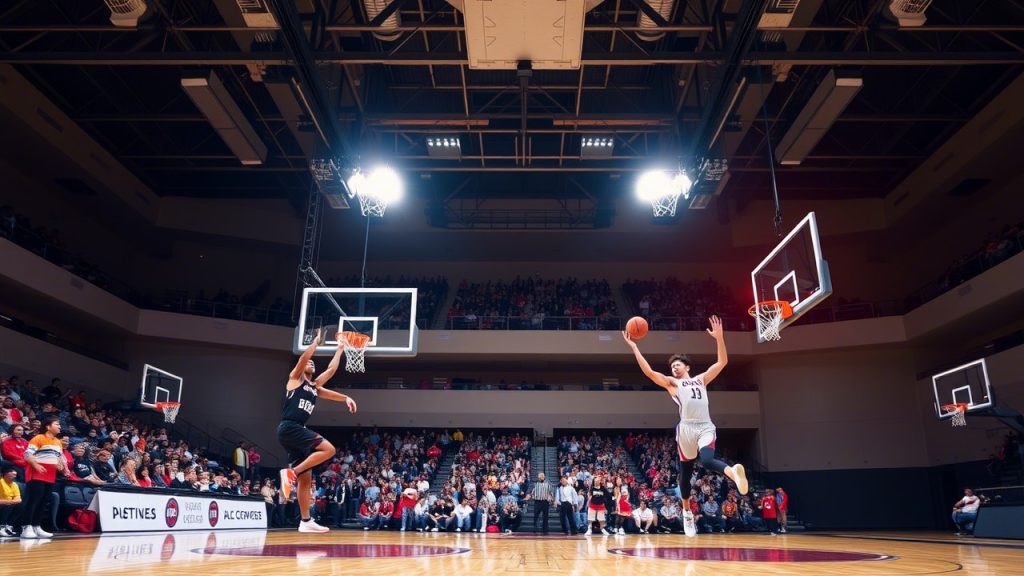How to Pick the Best Swimming Goggles for Beginners and Competitive Swimmers
Swimming is a fantastic full-body workout, and whether you’re diving into the pool for fun, fitness, or competition, having the right gear is essential to your performance and comfort. Among the most important pieces of equipment for any swimmer are swimming goggles. However, picking the best swimming goggles can be overwhelming, especially when there are so many options to choose from. Are you a beginner looking for comfort and ease, or are you a competitive swimmer in need of precision, durability, and optimal performance?
Understanding the features that are important for different types of swimmers is key to making an informed decision. We’ll guide you through the process of choosing the best swimming goggles, whether you’re just starting out or training for competitive events. By the end of this post, you’ll have a clear idea of the goggles that best suit your needs.
Looking for the perfect fit? Check Out These Best-Selling Swimming Goggles for Beginners.

1. Why Swimming Goggles Matter
Before we dive into the specifics of selecting swimming goggles, it’s important to understand why goggles are a critical part of any swimmer’s gear. Here’s a quick overview of their main benefits:
1.1 Protection from Pool Chemicals
Swimming goggles protect your eyes from chlorine and other chemicals present in pool water. Chlorine can be very irritating to the eyes, causing discomfort and redness. Goggles prevent the chemicals from coming into direct contact with your eyes, allowing you to swim without irritation.
1.2 Clear Vision Underwater
Goggles also provide clear underwater vision. Without goggles, the water refracts light in ways that make it hard to see clearly. Whether you’re swimming laps, doing drills, or simply enjoying a swim, goggles improve visibility and safety by giving you a clear line of sight.
1.3 Comfort and Fit
A good pair of goggles should fit snugly, preventing water from leaking in. Properly fitting goggles provide comfort and allow you to swim without distractions. Leaky goggles can cause constant discomfort and even hinder your swimming performance.
2. Key Features to Consider When Picking Swimming Goggles
When choosing swimming goggles, there are several factors you need to keep in mind. These features will vary depending on whether you’re a beginner or a competitive swimmer, but understanding each aspect will help you make the best decision.
2.1 Lens Type: Clear, Tinted, Mirrored, or Polarized?
Swimming goggles come in different lens types, each suited to different conditions and needs.
- Clear Lenses: These lenses are ideal for indoor swimming or low-light conditions. They allow maximum light transmission, giving you a clear view of your surroundings.
- Tinted Lenses: Tinted lenses are great for swimming in bright conditions. They help reduce the glare from the water and protect your eyes from the sun’s harsh rays.
- Mirrored Lenses: Mirrored lenses have a reflective coating that further reduces glare. They are particularly useful for outdoor swimming or when swimming under direct sunlight, making them an excellent option for competitive swimmers training outdoors.
- Polarized Lenses: These lenses are designed to block horizontal light waves that cause glare. They are excellent for swimmers who train or race in outdoor settings, as they enhance visibility and reduce glare off the water.
2.2 Fit and Comfort
Goggles should fit snugly but not too tight. A poor fit can cause discomfort or pressure marks around the eyes. Beginners, in particular, should look for goggles that are easy to adjust and have soft silicone gaskets around the eyes for comfort.
For competitive swimmers, a secure fit is crucial to avoid leaks, as even the slightest water leakage can disrupt a race. Competitive goggles usually feature adjustable straps and nose bridges to help fine-tune the fit.
Read More: Anti-Fog vs. Regular Goggles: Which One Should You Choose?
2.3 Anti-Fog Coating
Anti-fog coatings help prevent the goggles from fogging up during a swim. Foggy goggles can be a major frustration for swimmers, as it obstructs visibility. Many high-quality goggles come with an anti-fog coating that helps maintain clear vision throughout your swim. For beginners, choosing goggles with an anti-fog coating is a must for ease and comfort.
2.4 UV Protection
UV protection is especially important for swimmers who train or swim outdoors. Extended exposure to the sun’s harmful UV rays can damage your eyes. Goggles with UV protection will keep your eyes safe from UV rays while swimming outdoors.
2.5 Durability
Durability is an important consideration, particularly for swimmers who train frequently. Competitive swimmers, in particular, need goggles that can withstand regular use in chlorinated water. High-end goggles tend to be more durable, using materials that resist damage from chlorine and wear.
3. Choosing Goggles for Beginners
For beginners, the main priorities are comfort, ease of use, and affordability. As you’re still learning the strokes and getting accustomed to swimming, you don’t need to worry too much about advanced performance features. Here are the key factors to keep in mind when choosing goggles for beginners:
3.1 Comfort and Fit
One of the most important factors when choosing goggles as a beginner is comfort. A pair of goggles that doesn’t fit properly will lead to distractions during your swim. Look for goggles with soft silicone seals, which are gentle on the skin and help prevent leaks. Adjustable straps and nose bridges are also important, as they ensure that you can find a comfortable fit for your face.
3.2 Easy Adjustability
Beginners may find it difficult to adjust complicated straps or goggle mechanisms. Therefore, you should look for a pair of goggles that is easy to adjust and take on and off. Many goggles designed for beginners feature a simple, adjustable strap system that can be quickly customized for your head size.
3.3 Clear Vision and Anti-Fog Coating
Clear vision is essential for beginners to feel confident in the water. Goggles with clear lenses or anti-fog coatings will help ensure you can see clearly while swimming. Anti-fog coatings also reduce the likelihood of fogging during your swim, which is a common issue when you’re starting out.
3.4 Budget-Friendly Options
For those just getting started, there’s no need to spend a fortune on high-end goggles. There are plenty of affordable options that provide excellent value for beginners. Look for goggles that are well-reviewed and offer comfort, durability, and basic features like anti-fog coatings and UV protection.
4. Choosing Goggles for Competitive Swimmers
Competitive swimmers, on the other hand, have different needs when it comes to their goggles. For them, performance, durability, and a perfect fit are paramount. Here are the factors to consider when selecting goggles for competitive swimming:
4.1 High-Performance Features
Competitive swimmers need goggles that provide excellent visibility, reduce glare, and allow them to focus on their technique. Features like polarized or mirrored lenses are important to block out glare and enhance contrast, allowing for clear vision in outdoor or brightly lit environments.
4.2 Fit and Seal
For competitive swimmers, a secure fit is critical. Goggles that are too loose will leak, while goggles that are too tight may cause discomfort and pressure marks. Many high-end racing goggles feature customizable nose bridges and adjustable straps, allowing swimmers to get the perfect fit.
4.3 Streamlined Design
Competitive goggles tend to have a more streamlined design, reducing drag in the water. These goggles are designed to sit closer to the face and provide a low-profile look. This minimizes resistance, making them ideal for those looking to shave off every second during a race.
4.4 Durability and Build Quality
Since competitive swimmers train regularly, durability is key. High-end goggles are often made from more robust materials like polycarbonate lenses and flexible silicone gaskets, which are resistant to wear from chlorine and saltwater.
4.5 Comfort During Extended Use
Comfort is still important for competitive swimmers, especially during long training sessions. Look for goggles that are lightweight, with soft, comfortable gaskets that don’t create too much pressure around the eyes.
7 Frequently Asked Questions
1. How do I prevent my swimming goggles from fogging up?
The best way to prevent fogging is to look for goggles with an anti-fog coating. You can also rinse the goggles with fresh water before swimming to reduce fogging, and avoid touching the inside of the lenses to preserve the coating.
2. What type of lenses are best for outdoor swimming?
Polarized or mirrored lenses are the best options for outdoor swimming, as they reduce glare and improve visibility in bright conditions. They are ideal for open water swimmers and competitive athletes training outdoors.
3. Can I use the same goggles for indoor and outdoor swimming?
Yes, but the type of lens may differ. For indoor swimming, clear lenses are sufficient, whereas outdoor swimmers may prefer tinted or mirrored lenses to block out the sun’s glare.
4. How do I know if swimming goggles fit properly?
To test the fit of your goggles, put them on your face without using the strap and press them gently against your eyes. If they create a good seal without water leaking in, they’re a good fit. You should feel a light suction but not discomfort or pain.
5. Are expensive swimming goggles worth it?
For competitive swimmers or those who swim regularly, investing in high-quality goggles is worth it for improved performance, comfort, and durability. However, for beginners or occasional swimmers, affordable options can still provide excellent value.
6. How do I take care of my swimming goggles?
To extend the life of your goggles, rinse them with fresh water after every swim, avoid touching the lenses, and store them in a protective case to prevent damage.
7. Can I wear swimming goggles for other water activities?
Yes, swimming goggles are suitable for various water activities, including surfing, snorkeling, and water aerobics, as long as they provide a secure fit and comfort for the activity.
Conclusion
Choosing the best swimming goggles depends on your needs, whether you’re a beginner just getting started or a competitive swimmer focused on performance. For beginners, comfort, ease of use, and affordability are key, while competitive swimmers will want to prioritize features that enhance performance, such as anti-fog coatings, polarized lenses, and a secure fit.
By understanding the important features of swimming goggles and considering your personal preferences and swimming goals, you can find the perfect pair to help you make the most of your time in the water. Happy swimming!
Suggest Tools

